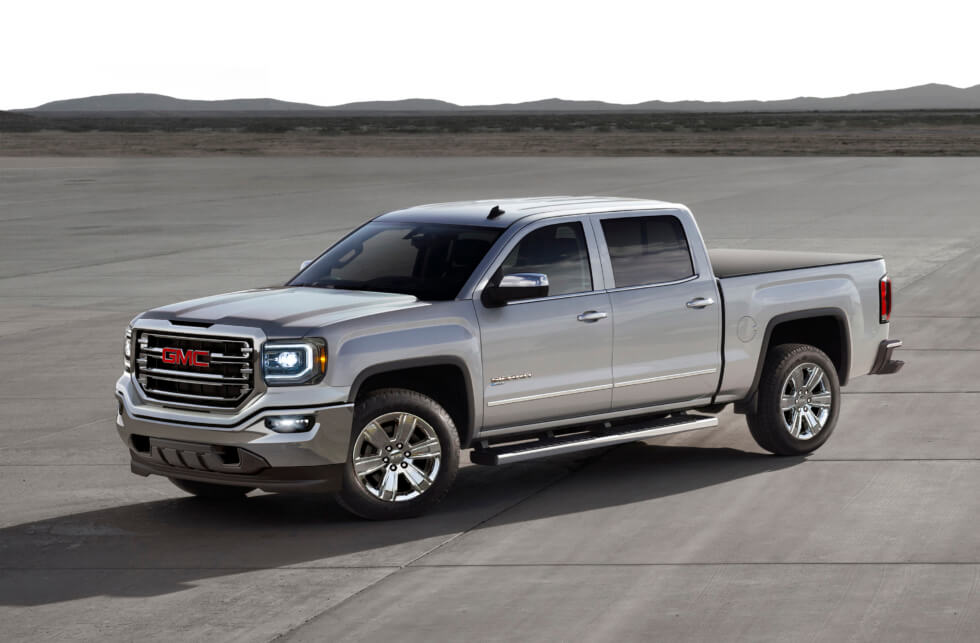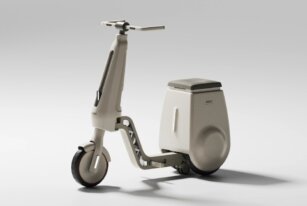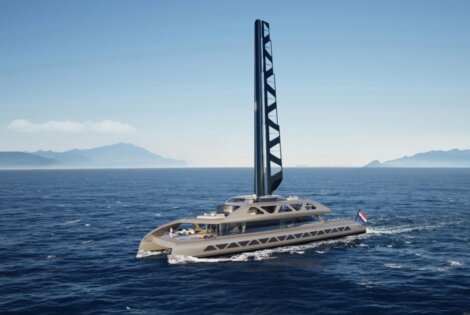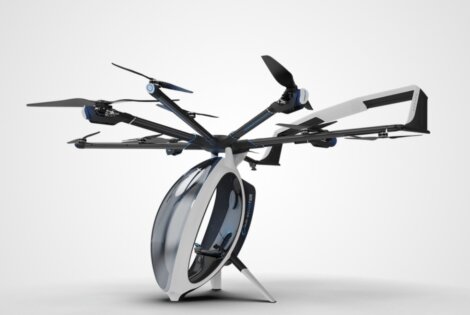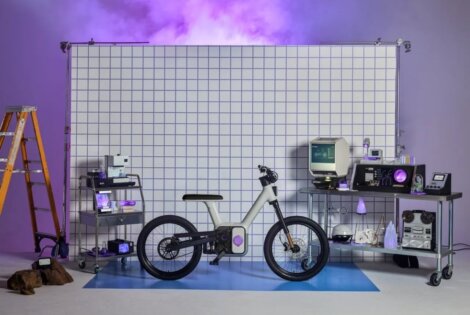With gas prices on the rise, it’s a no-brainer to look for alternatives to cut costs—specifically, electric vehicles.
But who wants to sacrifice all the power of their ultra-tough truck engine?
Well, with a hybrid truck, you don’t have to!
These trucks are designed to maximize fuel economy while also still pulling insane torque foot-pounds and being capable of hauling HEAVY loads!
Check out our list of the best hybrid pickups to consider when shopping for a newer, smarter, tougher vehicle.
But first, we’ve got to get into some nitty-gritty details…
What is a Hybrid Pickup Truck?
“Hybrid” vehicles aren’t the same as “electric” vehicles.
“Electric” vehicles typically feature an all-electric motor (no gasoline or diesel), and require charging of the battery in order to run.
“Hybrid”, on the other hand, refers to a combination of electric and gasoline power.
Typically, the engine is gas-powered, so it’s gas that gets you moving and keeps you going. However, these vehicles feature “regenerative braking systems” that store power for the built-in electric motor to use. The more power you build up in the electric motor, the more that motor can “help” the gas engine to work. This reduces the amount of fuel consumed and the strain on the motor.
First introduced in 2003 by GM and 2004 by Mercedes Benz and Micro-Vett SPA, these vehicles are fast becoming a popular choice for the eco-minded and gas price-conscious. It’s estimated that the global market for hybrid vehicles will rise to $303.5 billion by 2028—and you know that a large percentage of those vehicles will be trucks, particularly in the United States and Canada.
Now that you understand what defines a hybrid truck, it’s time to take a closer look at the best models on the market!
6 Best Hybrid Pickups Trucks
Contents
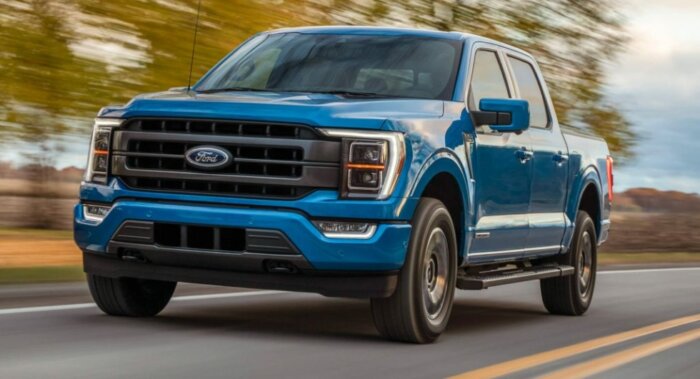
FORD F-150 POWERBOOST
The Ford F-150 is still the greatest truck ever built, so of course its hybrid is at the top of our list. It’s hands-down the toughest, most rugged, and most versatile hybrid truck around. And it’s a good-looking vehicle, too!
Purpose-built for truck lovers, it’s a beast on the road but designed intelligently using only the toughest military-grade aluminum body on a high-strength steel frame. Thanks to its high performance interior, you have all the latest technology at your fingertips, not to mention peerless comfort for your long trips. It’s even designed with a specialized Pro Power Onboard function that lets you turn your truck battery into a generator, capable of powering all your tools and devices anywhere you go.
But what you really want to know is: does it have enough power? How does 430 hp and 570 lb-ft sound to you? It not only gets notably more miles to the gallon than other F-150 models, but it’s got a towing capacity of 12,000 pounds (yes, you read that right) and a payload capacity of 2,120 pounds. With this bad boy, you’ve got all the power you want and a way to avoid being severely impacted by rising fuel costs!
Specs
- Fuel Economy: 24 mpg combined
- Horsepower: 430
- Payload Capacity: 2,120 lbs.
- Towing: 12,000 pounds
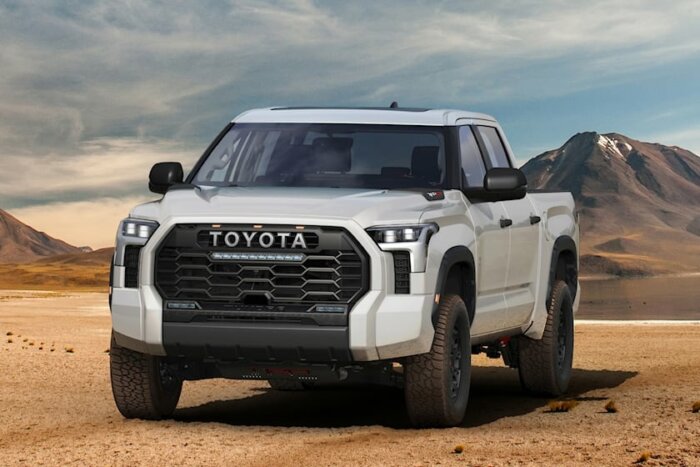
TOYOTA TUNDRA HYBRID
The F-150 may be the hardest working truck on the market, but it can’t compare to the luxury, comfort, and reliability of the Toyota Tundra. Few vehicles are as long-lasting and versatile as this full-sized truck—and the fact that it’s now available in hybrid only makes it all the more epic.
Packing a 3.5-liter i-FORCE MAX V6 engine, this beast of a truck is capable of towing up to 12,000 pounds and generates a staggering 583 ft-lbs of torque. It’s goes from 0 to 60 in roughly six seconds, and it’s suitable for both highway driving and off-road use, thanks to its electronically locking rear differential and auto-modulating brakes and throttle. The Crawl Control feature lets you choose from five different “range modes” to accommodate to multiple terrains.
For maximum comfort, choose the leather or SofTex (polyurethane leather alternative) interior, and luxuriate in the high-tech suite of gadgets and entertainment options right at your fingertips. It’s well worth the higher-than-average price for this beauty!
Specs
- Fuel Economy: 18 city/23 highway
- Horsepower: 437
- Payload Capacity: 1,940LBs
- Towing: 12,000LBs
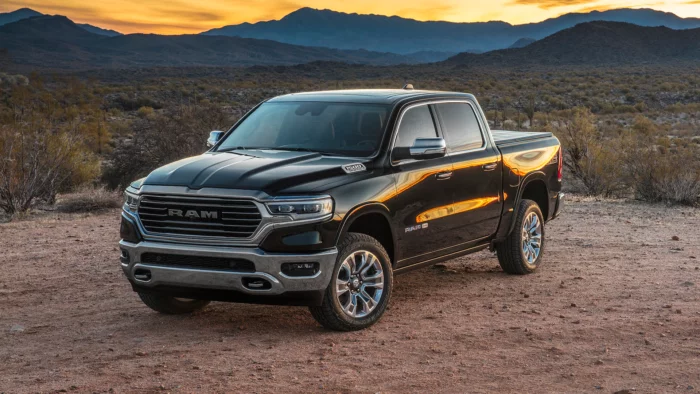
RAM 1500 ETORQUE
The third-generation HEMI engine utilized in Dodge’s truck line changed the game back in 2003, and it’s what has kept Dodge near the top of truck sales for all these years. Now, the hybrid truck option features both a HEMI engine and the eTorque “mild” hybrid system that generates enough power to juice up its 48-volt battery to optimize fuel efficiency and performance.
The TorqFlite eight-speed automatic transmission improves drivability and towing capability significantly, making for a smoother, more enjoyable ride. Though it’s not the most fuel-efficient truck on our list (between 17 and 19 combined MPG), it’s one of the toughest, capable of hauling your trailer, boat, or RV with ease.
Cutting-edge driver-friendly features include: multi-function tailgate, updated air filtration system, 360-degree surround sound camera, RamBox cargo management system, and an extensive warranty that covers everything in the truck against malfunction or defect.
Specs
- Fuel Economy: 15 city/21 highway
- Horsepower: 395
- Payload Capacity: 1900 lbs.
- Towing: 11,310 lbs.
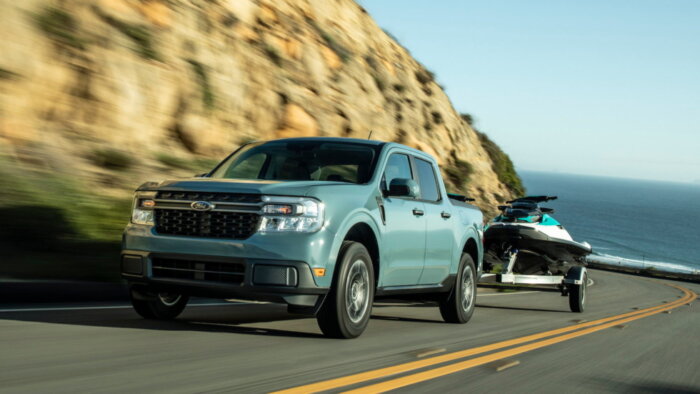
FORD MAVERICK XL
The Ford Maverick XL is built to be smaller and more compact than its older brother, the F-series trucks, and that’s a good thing! Not only do you get a more versatile vehicle, but you’re also looking at noticeably better fuel milage—up to 42 MPG on the city, close to triple what the F-150 can manage. (Note: Some users actually managed to push it close to 60 MPG under “ideal” circumstances.)
For Canadians, it’s the first pickup truck in the country to come standard with the 2.5-liter full hybrid engine—an ideal opportunity to test out a new eco-friendly vehicle on the open road. Features include: intelligent AWD, 8-speed automatic transmission, unibody construction, 5-passenger seating, a built-in entertainment system, and a FlexBed perfect for adding dividers, bike racks, and other hardware.
Sadly, it doesn’t have the best towing capacity (just 2,000 pounds) but can handle a payload only fractionally smaller than the larger-sized trucks. And you just can’t beat that price tag!
Specs
- Fuel Economy: 42 city/33 highway
- Horsepower: 191
- Payload Capacity: 1,564 pounds
- Towing: 2,000 lbs
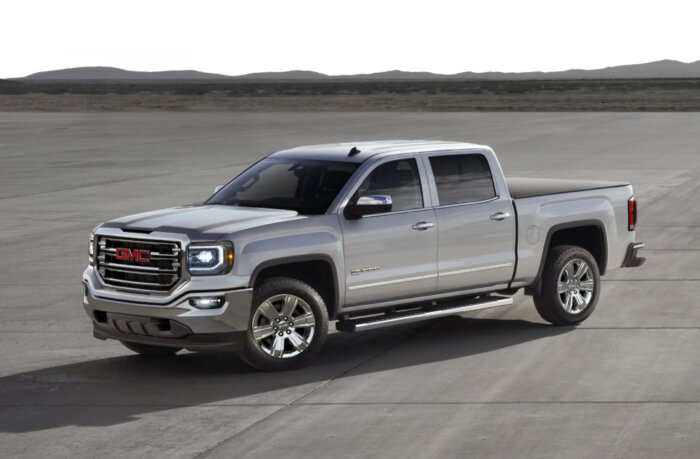
GMC SIERRA 1500 HYBRID
Warning: the GMC Sierra 1500 stopped making hybrid models in 2013, which means newer models are available only with standard gas engines. However, even though these hybrid trucks are older, they’re still one of the best full-sized options on the market (when you can find them in good used condition).
The vehicle runs on GM’s “two-mode hybrid system”, combining electrical power with a 6.0-liter V8 engine capable of generating up to 369 horsepower and 380 ft-lbs of torque. Fuel economy hovers around 20-40% better than the standard full-sized truck, though it comes at a cost of lower towing and payload capacity.
The 300V nickel-metal hydride Energy Storage System and electronically-variable transmission make for a smooth, efficient ride. Given its price (roughly in the $10,000 to $15,000 price range), it’s a great option for anyone looking to go hybrid without breaking the bank.
Specs
- Fuel Economy: 20 city/23 highway
- Horsepower: 369
- Payload Capacity: 1,527 pounds
- Towing: 6,100 pounds
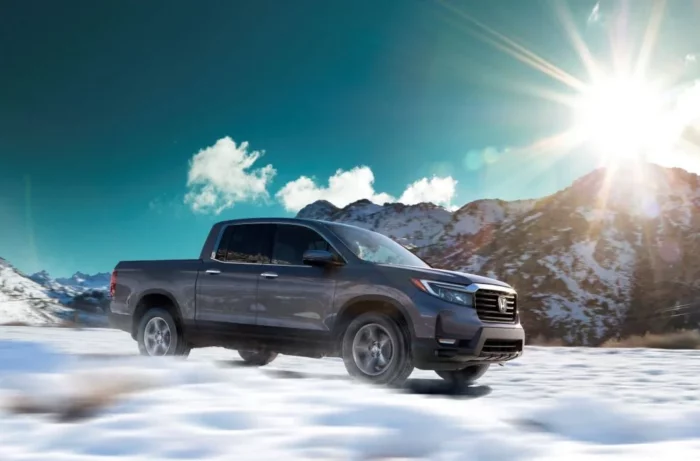
Honda Ridgeline Hybrid
If you’re looking for reliability and lightweight versatility, Honda’s smaller-sized Ridgeline is the way to go. It looks beautiful but still packs plenty of power beneath the hood, generating 300 hp and 300 ft-lbs of torque. Its towing capacity of 5,000 pounds is nothing to sniff at, either. Once you take it off-road and experience the i-VTM4 AWD system, the Intelligent Traction Management System, and fully independent suspension for yourself, you’ll agree that it’s a truck you’d love to drive.
2023 is the first year the Honda Ridgeline will be available in Hybrid, integrating many of the features that makes the Pilot one of the top SUVs on the market. It’s also expected to get up to 25 MPG combined (4 MPG more than the standard Ridgeline) and still feature the same 9-speed automatic transmission that makes the standard Ridgeline such a workhorse vehicle.
Specs
- Fuel Economy: 25 mpg combined
- Horsepower: 300
- Payload Capacity: 1,530 pounds
- Towing: 5,000 pounds
Buying Guide and FAQs
There are a lot of good reasons to consider a hybrid truck:
Pro: Lower Gas and Oil Costs
With the electric motor taking over a lot of the “heavy lifting” while driving, hybrid vehicles end up burning through less fuel per mile. Fuel economy is particularly important in heavy trucks, which are nicknamed “gas guzzlers” for a good reason.
In addition to using less gas, hybrid vehicles burn through their oil more slowly than regular vehicles, so there are fewer oil changes needed.
Pro: Higher Warranty
Most hybrid vehicles include an 8-year warranty (on average) to cover the hybrid gas-electric system. This means you’ve got better, cheaper access to support and repairs should anything go wrong.
Pro: Tax Credits
When you buy either pure electric or gas-electric hybrids, most governments around the world offer some form of tax credit or rebate as an incentive.
To find out more:
This brings down the initial purchase cost of the vehicle and often makes it cheaper on a year-by-year basis (with vehicle renewal/inspection fees).
Pro: Lighter Weight
Electric motors weigh less than gas or diesel engines, which means your vehicle can generate the same amount of power while carrying less weight—thus, the power generated goes a lot farther. You also have a higher carrying capacity because of how much weight the frame and suspension can handle.
Pro: Auto-Start/Stop
Hybrid trucks typically switch off the engine when the vehicle is idling, so only the electric motor is running to keep the truck powered up. When you hit the gas pedal, though, it switches back to the engine so you’ve got plenty of pickup power.
The auto-start and stop feature actually extends the lifespan and fuel efficiency of the vehicles, and even reduce emissions.
Pro: More Eco-Friendly
The reduced fuel consumption and decreased emissions means that hybrids are significantly more eco-friendly than regular trucks.
Pro: Higher Resale Value
That’s right: hybrid vehicles retain their value much better than regular engine-powered vehicles. You’re likely to get more (or even all) of your initial investment back when you sell the vehicle, especially within the first 2-4 years. More and more people are making the switch to hybrid trucks, but not everyone can afford brand new. You’ll find there is always a market for hybrid trucks in good condition—plenty of buyers will line up to take it off your hands.
As you can see, there are a lot of great reasons to consider switching to a hybrid truck.
However, there are a few downsides that you need to take into account, too:
Con: Reduced Power
Because the gas engine has an electric motor to support it, it doesn’t need to be as huge or ultra-powerful to keep the truck running. The smaller-sized gas engines do generate fractionally less power than a pure fuel or diesel engine. You’ll find acceleration is a bit slower, and it takes longer to bring the vehicle up to its top speed. The combined power of both electric and gas engine is typically lower than a fuel engine alone.
Con: Higher Maintenance Costs
Any time there is a problem or malfunction, the cost of repairing the vehicle is significantly higher because it requires expertise in both gas engines and electric motors. You’ll likely have to take it to a specialized mechanic or even the manufacturer’s shop, which ends up being pricier than the average repair for a gas engine.
Con: Higher Initial Price
The cost of a beautiful brand new truck is already high enough, but it rises an additional 5-20% when you go hybrid. Hybrid trucks are not cheap to purchase!
Con: Expensive Battery
With a hybrid vehicle, you can’t just pop into your local AutoZone or PepBoys to pick up a new battery. You’ll have to order a specialized, dedicated battery designed specifically for your truck. These tend to be significantly pricier.
Con: Poorer Handling
In order to make space for the additional electric motor, car manufacturers shrink the size of the gas engine and eliminate other structural components (including braces/supports). This leads to poorer handling, a higher center of gravity, and less efficient weight distribution.
It’s important that you consider both the pros and the cons before you make your decision! Though electric and hybrid trucks have the potential to be the “way of the future”, they’re still lacking in certain areas that make them less than ideal for those who like the power and speed of a standard gas or diesel truck.
Keep that in mind as you consider the trucks we listed above.
Hybrid Trucks FAQs
Are hybrid trucks worth it?
The answer to this question depends on what matters most to you.
If you care more about being eco-friendly, cutting gas and oil costs, getting a tax break, and ultimately re-selling your vehicle at a higher price, then hybrid trucks are definitely worth it.
But if you care more about max power and acceleration, precision handling, and buying a more affordable truck, you may want to consider a standard gas or diesel truck.
Why don’t they make a diesel hybrid?
Diesel engines are already very fuel-efficient and produce high amounts of power, both factors that electric vehicles were created to improve. While their soot/emissions output has the potential to be higher than gas engines, the truth is that most modern diesel engines utilize specialized engine fluid that burns fairly clean—cleaner even than most gas trucks.
To combine the diesel engine and electric motor into the “hybrid” would both add excessive weight and drive up the cost. Ultimately, it just doesn’t make smart sense to combine diesel and electric power.
Do you charge hybrid trucks?
You do not!
Hybrid trucks are designed with self-recharging batteries (which draw power from the regenerative braking system and other internal systems) to tank up the battery. There is no need to plug in a hybrid truck like you would an electric truck.


